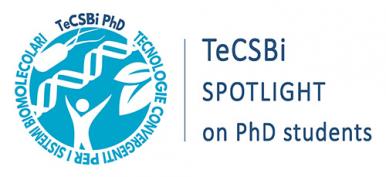
Comment by Greta Bianchi ( Brocca’s Lab )
The door to cellular immortality has been identified in telomerase, the enzyme promoting telomere elongation, which is down-regulated in most human somatic cells. Herein, telomeres gradually and persistently shorten at each DNA replication, eliciting a check-point mediated arrest of cell division. In higher eukaryotes, a couple of kinases - ATR and ATM - are responsible for this checkpoint activation. A different story would be if our cells expressed telomerase, as observed in Saccharomyces cerevisiae. Indeed, in budding yeast, ATR and ATM orthologs - Mec1 and Tel1 respectively - can support telomerase in telomere protection and elongation, without triggering any checkpoint response. In her interesting review article, Michela Galli ( Clerici’s Lab ) and collaborators ( Longhese’s Lab ) have faced the open scenario of molecular mechanisms responsible for telomere homeostasis, particularly focusing on Mec1/ATR and Tel1/ATM function in presence and absence of telomerase. Her work has been published in Biochemical Society Transactions in 2021 (https://doi.org/10.1042/BST20200856). If you would like to go deep into this fascinating topic, Michela’s paper is exactly what you need.
Congratulations for your excellent work Michela, we’ll stay tuned with your research!
#BtBsPhD e #TeCSBi #TeCSBispotlight #ClericiLab_BtBs #BroccaLab_BtBs #LongheseLab_BtBs